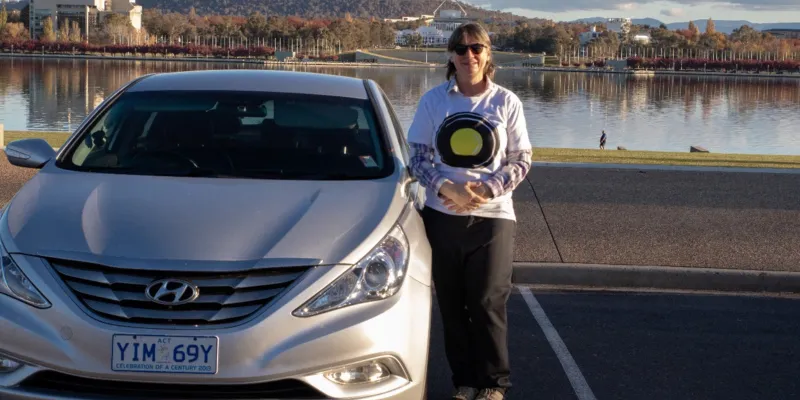Ola increases presence in Australia, launches in Brisbane, Gold Coast and Canberra
In the beginning of this year Ola, the Bengaluru-based ride sharing company had announced its launch in Australia. Within five months, Ola has grown its presence in the region. On Tuesday, the ride-hailing unicorn confirmed that it will now be expanding into the cities of Brisbane, Canberra and Gold Coast.
Ola has aggressively launched into the three regions with discounted rides. With these three cities, Ola is now operational in six major metro cities of Australia. A press release by the company stated that Ola continues to receive feedback from customers to understand their needs and enhance their ride-share experience.
This includes regular updates to the Ola app to improve customer experience, lower estimated time of arrival (ETA), strengthening the local support team and providing new promotions.
Chandra Nath, Vice President, Head of International, Ola, in a press release said,
“As we continue to expand across Australia, we have seen that customers and driver-partners are choosing Ola over competitors for the best ride share experience possible. By doing so, everyone is choosing an affordable and better way to move.”
Over the coming months, Ola will be working with local stakeholders to continue its rollout in Australia, with future launch cities including Adelaide, Darwin and Hobart. The team claims to have over 30,000 driver partners registered in Australia. Ola has also introduced a 7.5 percent introductory commission rate and daily payments to woo more drivers to the platform.

The team is also working on a range of driver initiatives including Community Town Halls, the first of which took place in Perth in April, attended by over 100 driver-partners.
The next event is scheduled for Sydney in the coming weeks, with similar events to be planned for all cities as part of Ola’s commitment to having a driver-partner focussed approach to ride-sharing.
Late last year, Ola raised $1.2 billion in funding from Japanese conglomerate SoftBank. Founded in 2011, Ola is already present across over 11 categories in 110 cities in India, and claims to have over 125 million users in India. The team claims to have over one million driver-partners in the region.
On an aggregate basis, Ola serves as many as a billion rides annually through its platform. Ola will launch in New Zealand and possibly even look at other European countries. It is believed that Ola's investor and Chinese cab-hailing giant, Didi Chuxing, wants the company to capture a larger global market than just India. Ola is said to be looking closely at other Asian and African countries as well.
However, the global market and intricacies of ride-sharing are different. The markets there are more used to a peer-to-peer model. The kind of incentives that need to be given to consumers and drivers would also be different. In India, Ola essentially worked from the ground to transform consumer behaviour. In Australia, consumer behaviour has evolved and they will look more for technology and service, than incentives.
Uber started its operations in Australia in 2015, and a Deloitte study points out that in 12 months, the cab aggregator had facilitated close to 10 million rides. Of these, 1.2 million rides were in August alone in the cities of Sydney, Perth, and Brisbane.
Apart from Uber, Ola will also have to compete with local players like GoCatch in Australia. The cab aggregator will also have to work to break Uber's monopoly in some cities of New Zealand, if it moves in that direction. Uber also has a strong presence in Sri Lanka and Bangladesh for over two years now.







